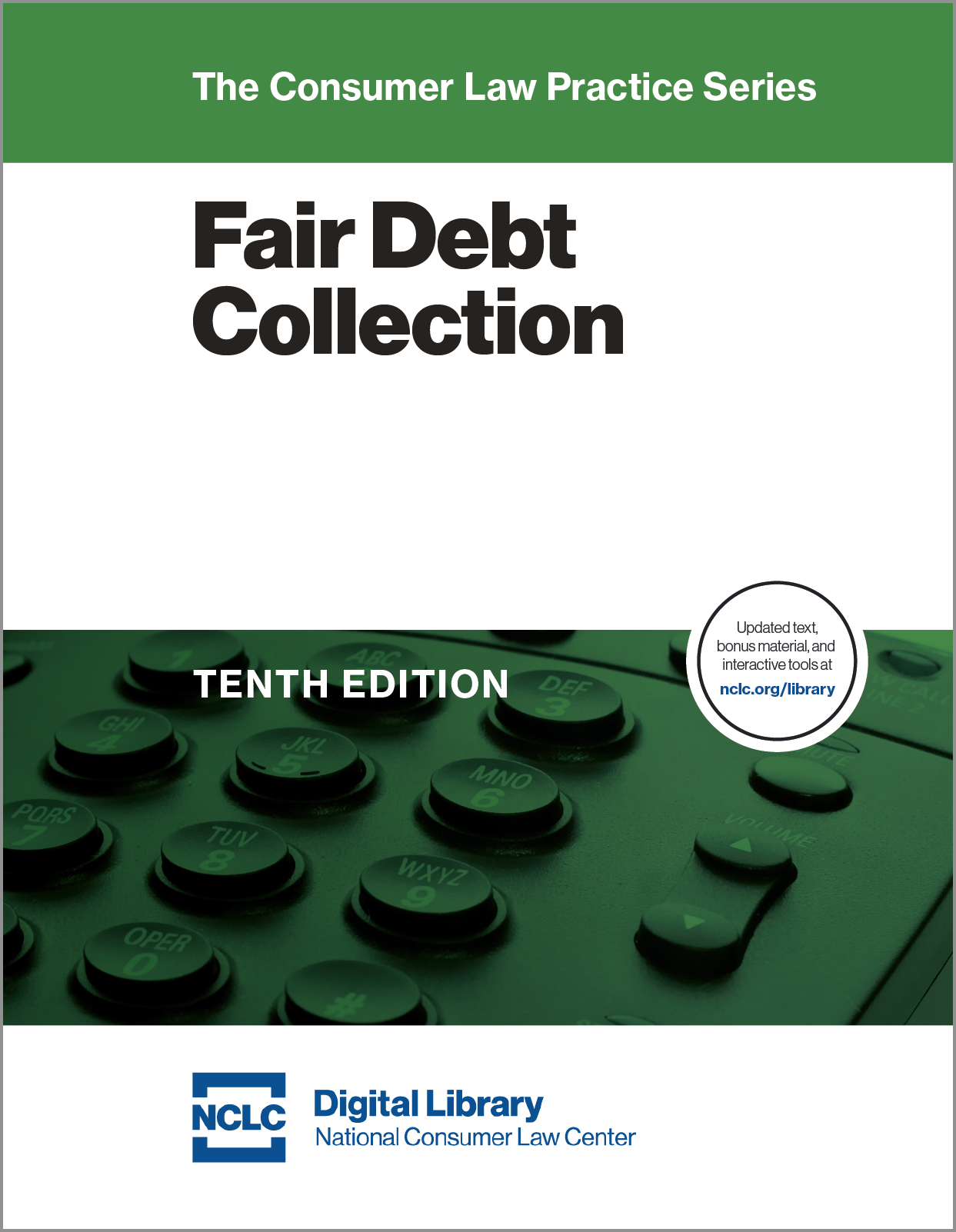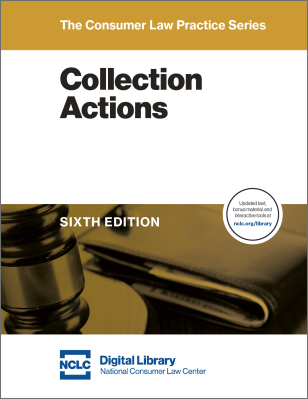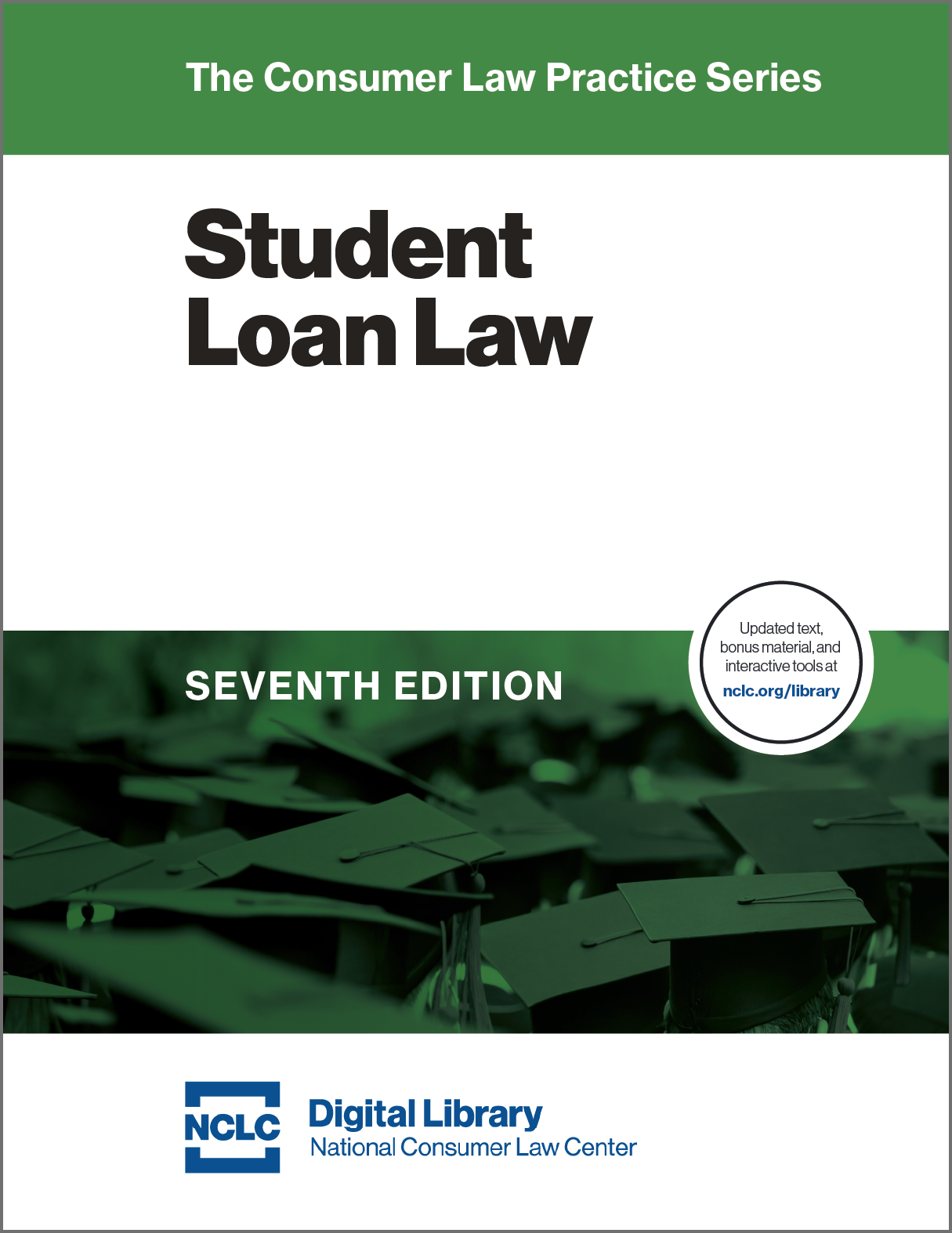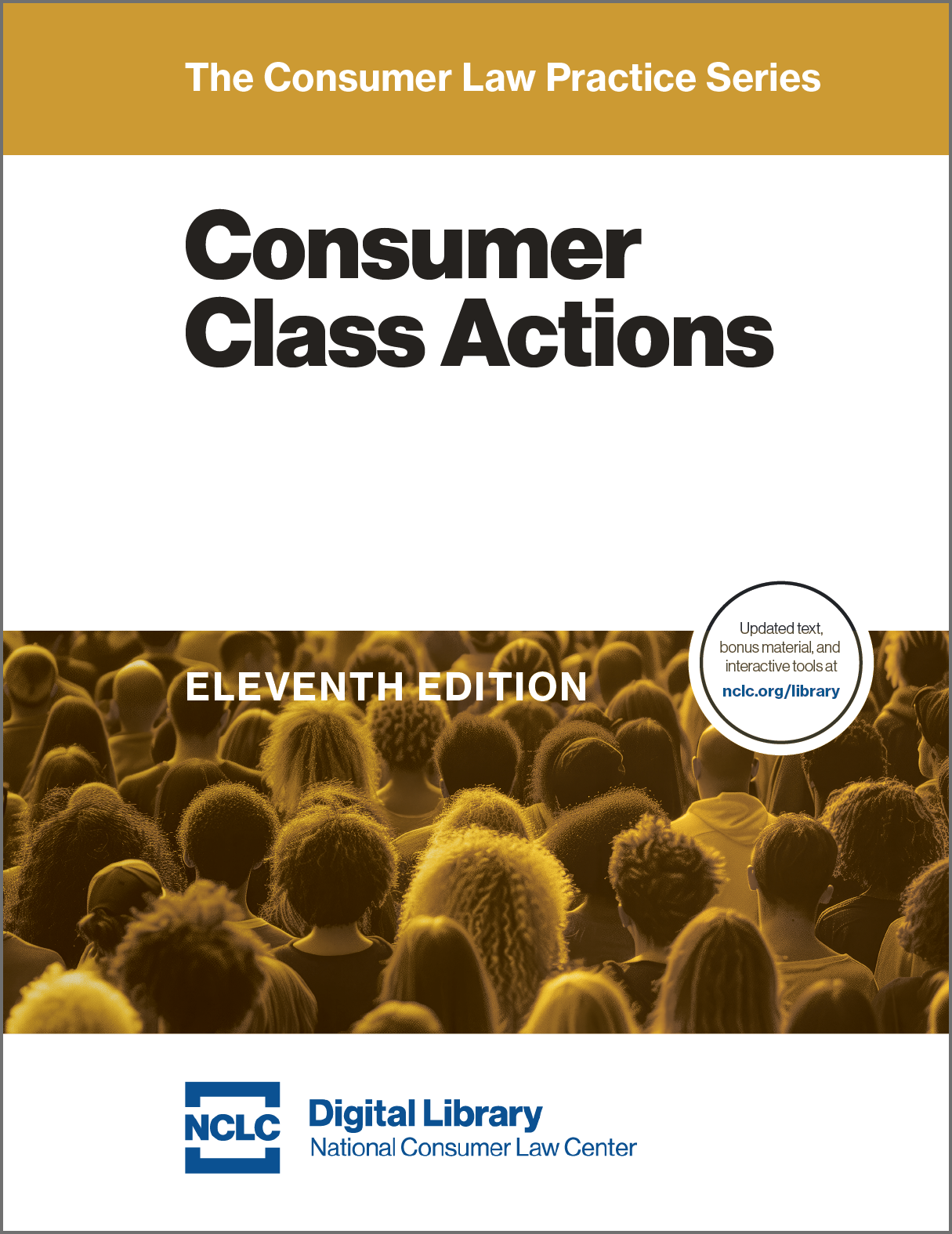Checklist to Defend Enforcement of Criminal Justice Debt
As states increasingly assess criminal defendants with fines, surcharges, costs, and fees, draconian actions to collect that debt are on the rise. This checklist sets out tools to help consumers avoid the worst of these collection actions that can lead to incarceration, loss of driver’s licenses, wage garnishment, seizure of bank accounts, or other drastic measures.



